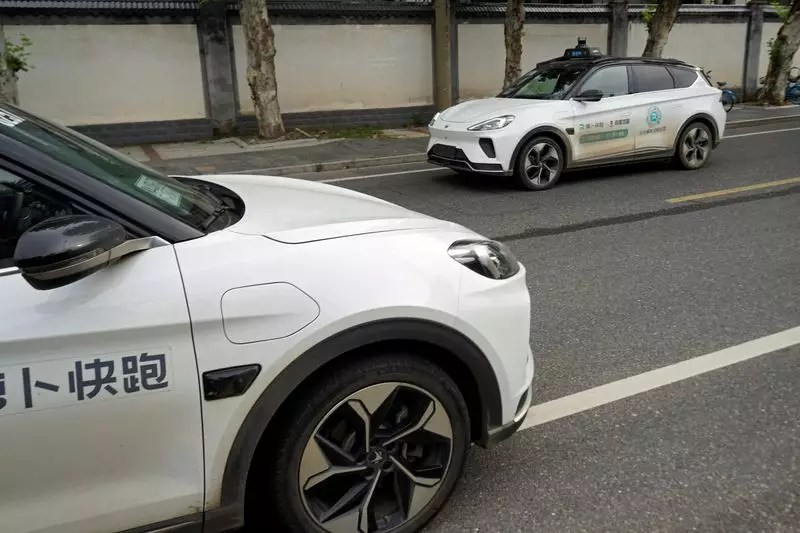In a significant move towards global expansion, Baidu, the prominent Chinese tech giant known for its pioneering work in artificial intelligence and autonomous vehicles, has secured a license to initiate testing for its Apollo robotaxi service in Hong Kong. This development represents a notable step in Baidu’s journey beyond the confines of the Chinese mainland, marking an era where the company can validate and showcase its autonomous technologies in a diverse urban environment.
According to a statement released by Hong Kong’s Transport Department, Baidu Apollo International Ltd has been granted permission to carry out trials involving up to ten autonomous vehicles in the North Lantau region. This license, effective from December 9, 2024, until December 8, 2029, allows for limited operations, stipulating that only one self-driving car will be permitted on designated road sections at any given time during the trial phase. Furthermore, each autonomous vehicle must be accompanied by a backup operator, ready to seize control if the situation demands it. This safety measure underscores the cautious approach being adopted as Hong Kong enters the realm of autonomous vehicle testing.
The Hong Kong government has been advocating for the integration of autonomous vehicles into its transport system since 2017. However, substantial progress has been hindered by regulatory constraints until the introduction of new legislation in March 2023, which has broadened the scope for autonomous vehicle trials. The issuance of Baidu’s pilot license is not only a milestone for the company but also a symbolic advancement for the Hong Kong government in its ambition to innovate within the transportation sector. This regulatory framework aims to ensure that advancements in technology proceed alongside safety and public acceptance, a crucial balancing act in any area where public trust is paramount.
The approval in Hong Kong serves as a strategic foothold for Baidu, especially as it competes against other global players in the autonomous vehicle market. The company’s Apollo Go service, which already boasts a fleet of over 400 vehicles operating across various Chinese cities, including a substantial presence in Wuhan, highlights its established expertise in this domain. Reports suggest Baidu is also eyeing expansions into other international markets like Singapore and the Middle East, consolidating its aim to become a key player on a global scale amidst increasing competition to commercialize self-driving technology.
Baidu’s foray into Hong Kong’s autonomous vehicle testing not only signifies its commitment to innovation but also underscores the city’s evolving regulatory framework supporting technological advancements in transportation. As trials begin, the world will closely observe the outcomes and implications of these developments, which could pave the way for safer, smarter urban mobility solutions. The intersection of regulation, technology, and public acceptance will be critical in determining the future landscape of autonomous vehicles, and Baidu’s efforts may very well be a blueprint for success in diverse markets worldwide.


Leave a Reply